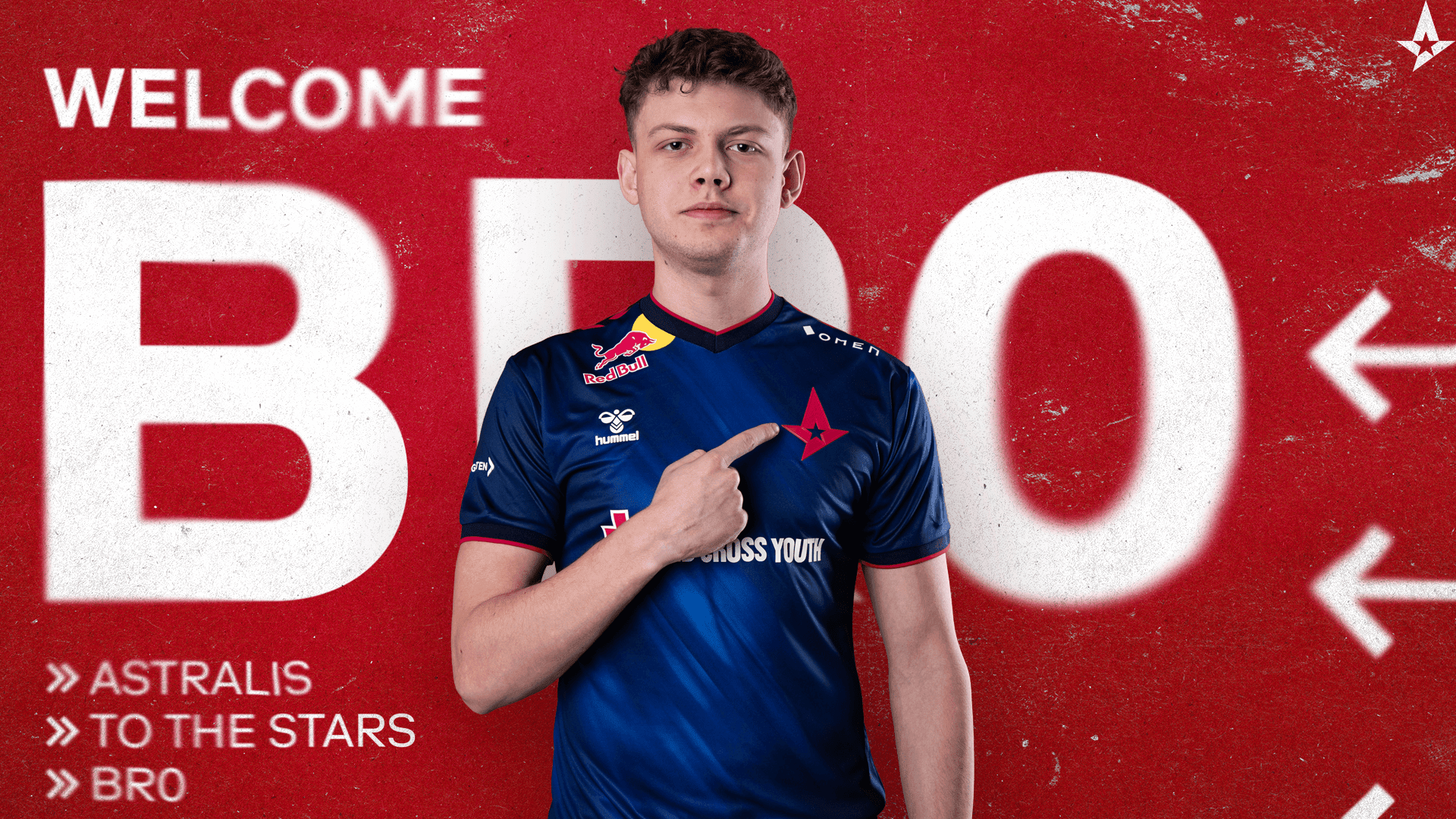Bodrum Escapes: Your Guide to Luxury and Leisure
Explore the best of Bodrum with exclusive insights and tips for an unforgettable experience.
Beyond Aiming: The Vital Role of IGLs in CS2 Team Dynamics
Discover how In-Game Leaders shape team success in CS2. Unleash strategy, synergy, and skills—dive into the vital role of IGLs now!
Understanding the IGL: Key Traits and Skills for Success in CS2
In the competitive landscape of CS2, the in-game leader (IGL) plays a pivotal role in shaping the team's performance and strategy. An effective IGL understands not only the mechanics of the game but also the psychology of their teammates. Key traits of a successful IGL include strong communication skills, decisiveness, and the ability to read the game effectively. They must be adept at analyzing the enemy's strategies while also adapting their own team’s tactics on-the-fly. A great IGL creates an environment where players feel supported and confident, which is crucial during high-stakes matches.
When it comes to the skills required for an IGL, several factors contribute to their effectiveness. Firstly, strategic thinking is essential; an IGL should be able to formulate and adjust strategies based on the in-game situation. Secondly, team management skills are vital as they must motivate and organize their teammates. Furthermore, a successful IGL should be knowledgeable about map awareness, being able to call plays that exploit terrain advantages and team positioning. Ultimately, the combination of these traits and skills is what sets apart a great IGL from the rest, paving the way for their team’s success in the ever-evolving scene of CS2.

Counter-Strike is a popular first-person shooter that pits teams of terrorists against counter-terrorists in a variety of game modes. One of the key aspects of gameplay is communication, particularly when making inferno callouts to strategize movements and tactics effectively. Mastering these callouts can significantly enhance a team's performance and coordination during matches.
How IGLs Shape Team Strategy and Communication in CS2
In the competitive world of CS2, in-game leaders (IGLs) play a pivotal role in shaping both team strategy and communication. They are tasked with analyzing opponents’ tactics, developing game plans, and making real-time decisions that can alter the course of a match. Effective IGLs understand the strengths and weaknesses of their team members, allowing them to assign roles and responsibilities that maximize each player's potential. By utilizing tools such as strategic overlays and practice routines, IGLs ensure that their team is not just prepared for specific opponents, but also adaptable to in-game changes.
Communication is another critical aspect influenced by IGLs in CS2. They foster an environment where players feel comfortable sharing ideas and discussing strategies openly. By establishing clear lines of communication, IGLs help to reduce confusion during intense situations, allowing for quick and coordinated responses. Additionally, their ability to provide calm and decisive leadership during crucial moments can significantly enhance team morale, leading to better overall performance. Ultimately, the synergy between strategy formulation and communication skills fundamentally shapes how a team approaches each match, positioning them for success.
What Makes a Great IGL? Insights into Leadership Styles in CS2 Teams
In the fast-paced world of competitive gaming, particularly in titles like Counter-Strike 2 (CS2), the role of an in-game leader (IGL) is pivotal to a team's success. A great IGL must possess a unique blend of strategic thinking, communication skills, and emotional intelligence. They are not just tactical masterminds; they are also capable of inspiring their teammates and maintaining morale, especially during high-pressure situations. This dual responsibility means that an effective IGL often adapts their leadership style depending on the team dynamics and the challenges they face, making flexibility a key characteristic.
Several leadership styles can contribute to the effectiveness of an IGL in CS2. For instance, a transformational leadership approach can motivate players to elevate their gameplay while fostering a strong team spirit. Additionally, an IGL who employs a democratic leadership style—actively involving team members in strategy discussions—can encourage collaboration and ensure that everyone feels heard and valued. Ultimately, what defines a great IGL is their ability to assess the strengths and weaknesses of their team and to tailor their tactics and leadership style to optimize performance, fostering an environment where each player can thrive.